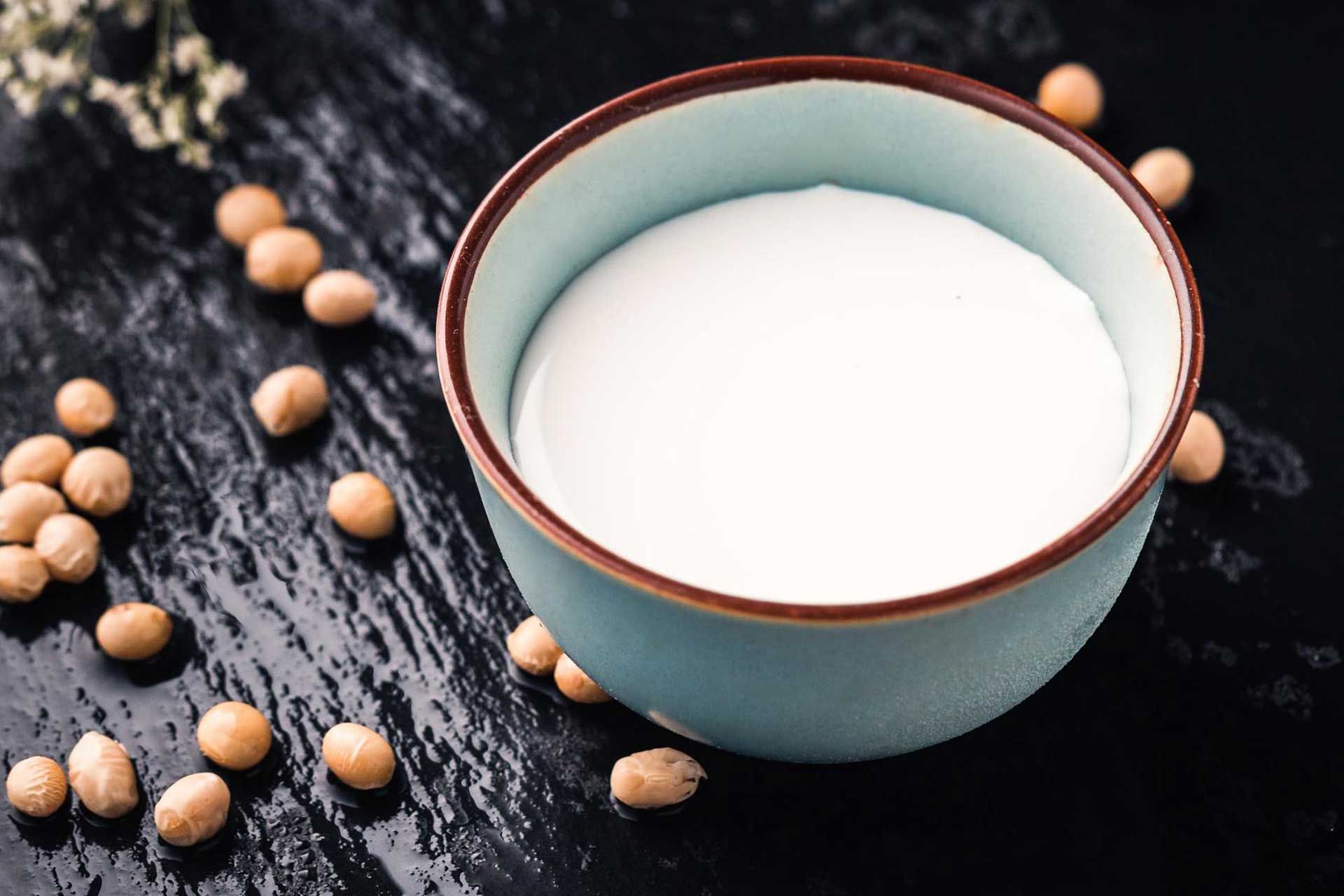Ever confused by what nutritional advice reported by “the experts”? You’re not alone! One minute the news says that coffee is good for you…….the next minute it’s not. And we can’t just blame the media, scientific studies are often at odds when it comes to these matters too.
After largely avoiding soy products for over 10 years, I’m now trading in my almond milk for organic soy milk. And here’s why…I finally had time to do some analysis of the available research and decided that (for me) the possible health benefits outweigh the negative. Now this is just my own viewpoint and I strongly suggest that each individual consider their own health concerns.
So, what are phytoestrogens and why are they so controversial? “Phyto” comes from the Greek word for plant and “estrogen” points towards a compound’s structural similarity to 17-β-estradiol. This structure actually allows phytoestrogens to bind to estrogen receptors, causing anti-estrogenic effects. And this is why phytoestrogens have become popular in treating perimenopausal symptoms, such as hot flashes. The most estrogenic compound found in soybeans are isoflavones, which have been found to exhibit considerable antioxidant activity.
In fact, most research on soy products focuses on isoflavones. In Asia, the average daily intake of isoflavones is about 25-50mg, while western countries only consume around 2mg per day. It’s interesting to note that the occurrence of breast cancer is 6 times lower in Asia, along with a lowered occurrence of hot flashes in perimenopausal women. Even still, the research is torn between possible health benefits and adverse health effects of soy products.
I think the important concept to keep in mind, when we consume any food is “everything in moderation”. Also, eating whole foods rather than picking up a supplement that isolates one component, such as isoflavones. So that’s what I’m going with, I enjoy edamame as an occasional snack and a splash of soy milk in my morning tea.
Want to learn more about how nutrition, herbal therapy, and Chinese medicine can assist with the symptoms of perimenopause? Click the link in the bio
#selfcare #phytoestrogens #naturalmedicine #nutrition
References
Křížová L, Dadáková K, Kašparovská J, Kašparovský T. Isoflavones. Molecules. 2019 Mar 19;24(6):1076. doi: 10.3390/molecules24061076. PMID: 30893792; PMCID: PMC6470817.
Rietjens IMCM, Louisse J, Beekmann K. The potential health effects of dietary phytoestrogens. Br J Pharmacol. 2017 Jun;174(11):1263-1280. doi: 10.1111/bph.13622. Epub 2016 Oct 20. PMID: 27723080; PMCID: PMC5429336.


